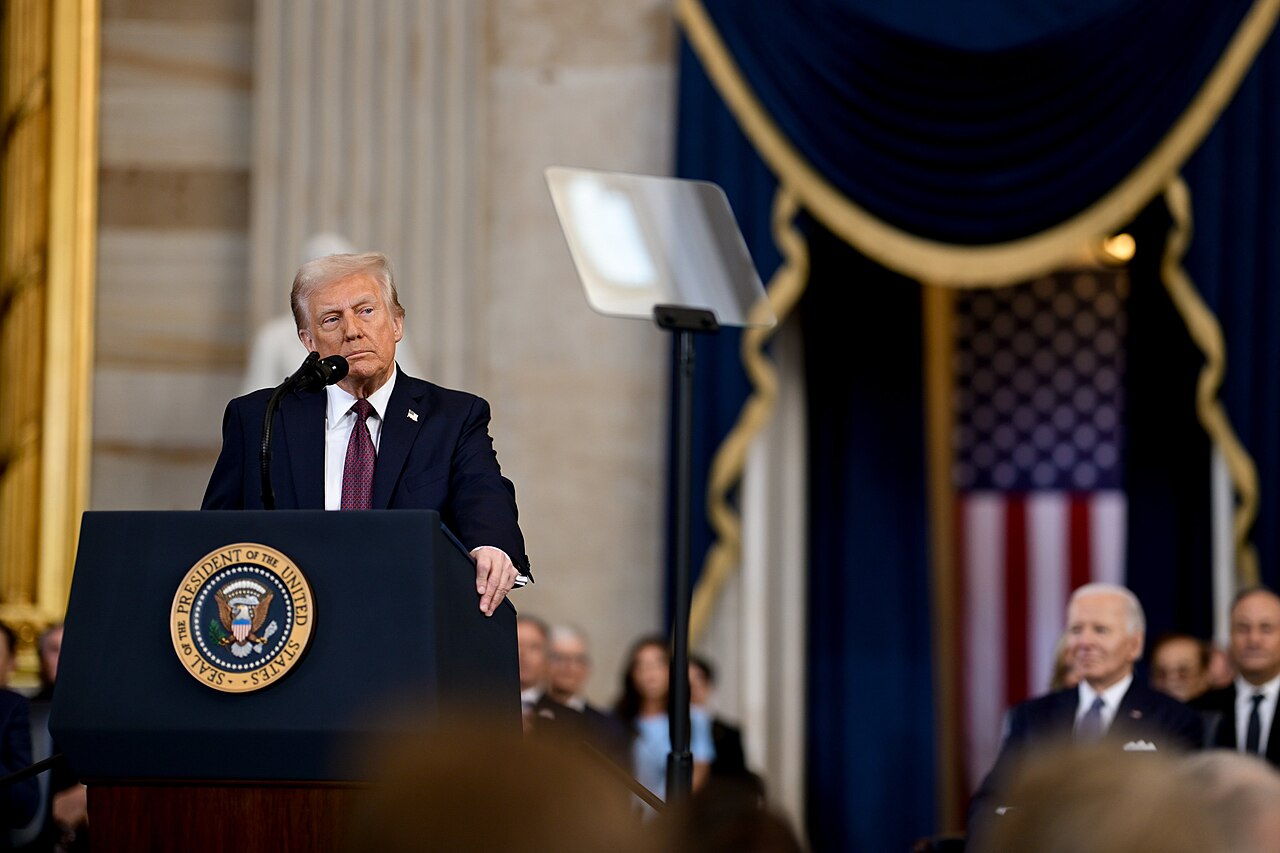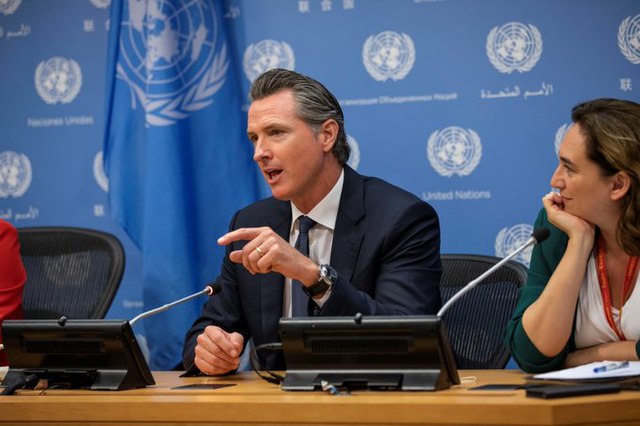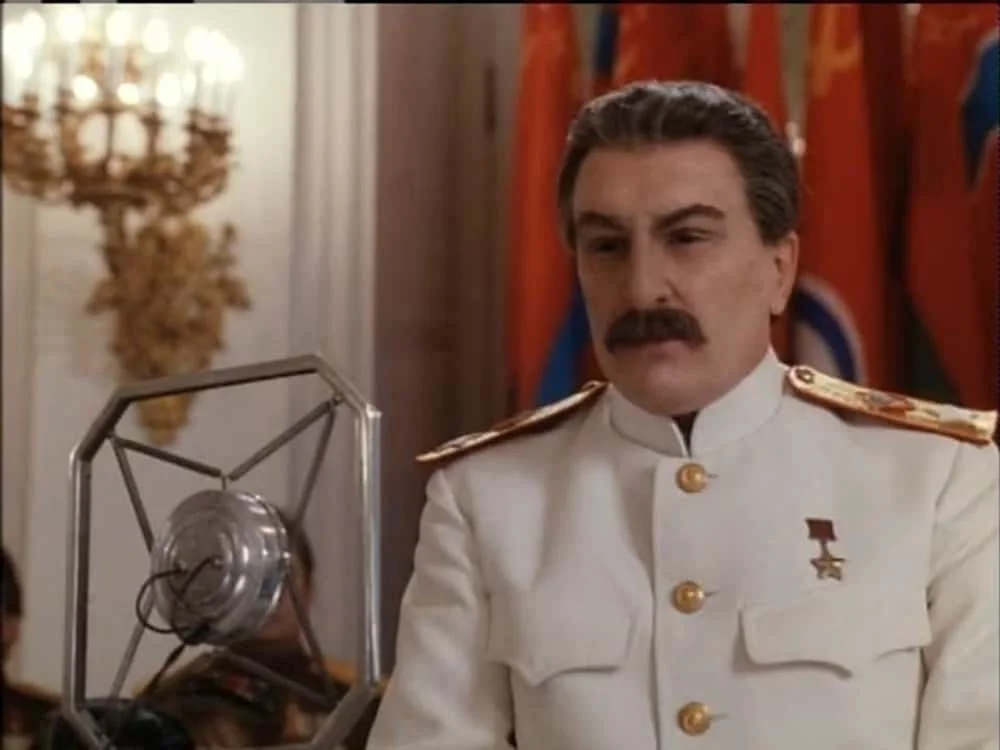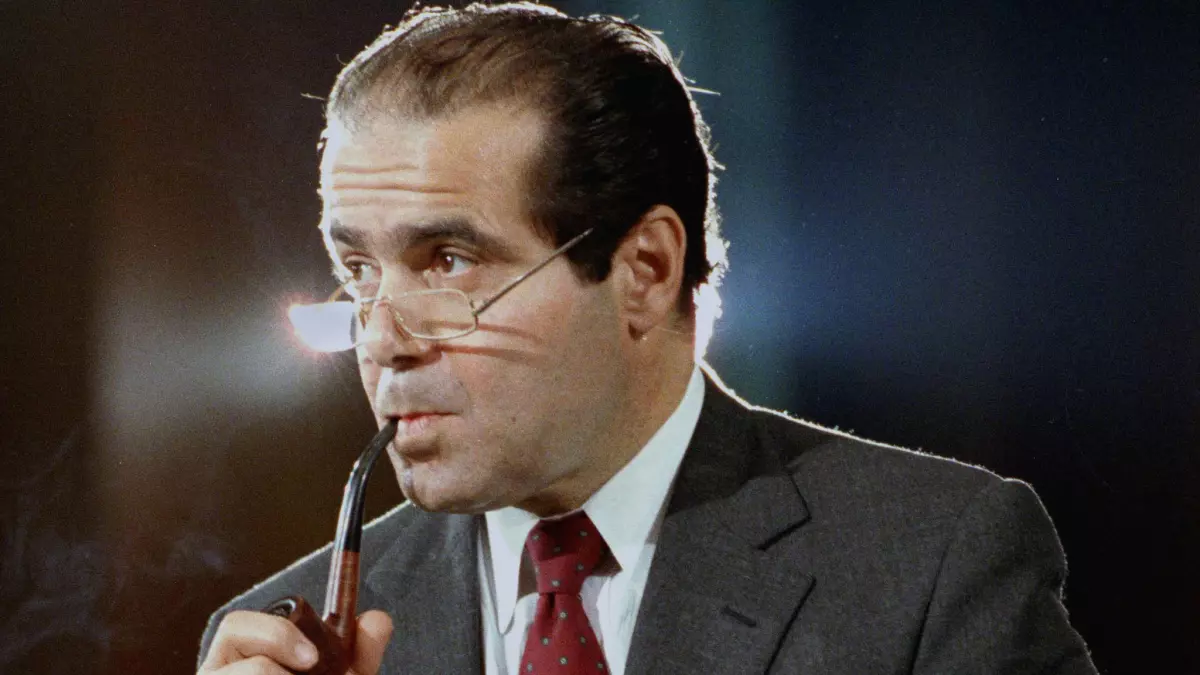
Red Veep
Arthur Herman reviews The World That Wasn’t: Henry Wallace and the Fate of the American Century by Benn Steil
Until recently, one advantage of America’s two-party political system was that it protected—critics would say insulated—voters from radical policy swings. Democrat or Republican, a presidential candidate had to move toward the political center to win, with a more-or-less uncontroversial party platform to match. Candidates demanding disruptive, radical changes got pushed to the electoral margin as third-party also-rans.
Consider the classic case of the 1948 presidential election. Harry Truman and Thomas Dewey fought over the political center on key issues, both foreign and domestic, while voters sent an overwhelming no to Strom Thurmond and the Dixiecrats on one side of the political spectrum, and to former vice president Henry Wallace and the Progressive Party on the other.
Benn Steil, director of international economics at the Council on Foreign Relations and author of two very fine books, on the Marshall Plan and on the Bretton Woods Conference, calls his new biography of Wallace The World That Wasn’t. It’s a title that bears two different but complementary meanings. The first refers to Wallace’s almost extraterrestrial progressive vision of the world, a vision that was completely impervious to empirical reality, even in the tensest moments of the Cold War. The second refers to the world that would have existed if Wallace had somehow won election in 1948, or, even more crucially, if Wallace had still been vice president when Franklin Roosevelt died in office on April 12, 1945.
Politics

National Civitas Institute Poll: Americans are Anxious and Frustrated, Creating a Challenging Environment for Leaders
The poll reveals a deeply pessimistic American electorate, with a majority convinced the nation is on the wrong track.
.webp)
Liberal Democracy Reexamined: Leo Strauss on Alexis de Tocqueville
This article explores Leo Strauss’s thoughts on Alexis de Tocqueville in his 1954 “Natural Right” course transcript.
%20(1).avif)
Long Distance Migration as a Two-Step Sorting Process: The Resettlement of Californians in Texas
Here we press the question of whether the well-documented stream of migrants relocating from California to Texas has been sufficient to alter the political complexion of the destination state.
%20(3).avif)
Who's That Knocking? A Study of the Strategic Choices Facing Large-Scale Grassroots Canvassing Efforts
Although there is a consensus that personalized forms of campaign outreach are more likely to be effective at either mobilizing or even persuading voters, there remains uncertainty about how campaigns should implement get-out-the-vote (GOTV) programs, especially at a truly expansive scale.

There's a Perception Gap With the U.S. Economy
As we approach another election cycle, it’s worth asking: what’s real, what’s political theater, and what does it all mean if Democrats regain control of the House?

International Law Is Holding Democracies Back
The United States should use this moment to argue for a different approach to the rules of war.

Trump purged America’s Leftist toxins. Now hubris will be his downfall
From ending DEI madness and net zero to securing the border, he’ll leave the US stronger. But his excesses are inciting a Left-wing backlash

California’s wealth tax tests the limits of progressive politics
Until the country finds a way to convince the average American that extreme wealth does not come at their expense, both the oligarchs and the heavily Democratic professional classes risk experiencing serious tax raids unseen for decades.

When Duvall Played Stalin
It’s strange to compliment an actor for impersonating a tyrant, but it is an act of courage.

When Vanity Leads to Impropriety
A president should simply not be allowed to name anything after himself without checks from Congress or an independent commission.











